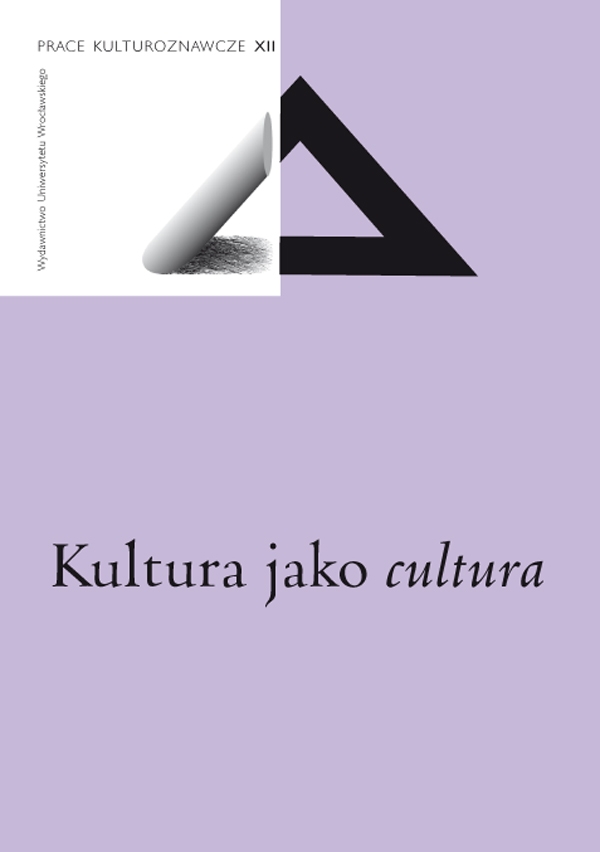

Kultura i kondycja humanistyki

The root and the salt. Paradoxes of Christian culture
The starting point for reflections on the paradoxes of Christian culture is Nietzsche’s announcement of the “death of God” and an increasingly common belief that European culture has ceased to seek its inspiration in Christianity. It seems, however, that the paradoxical tension between continuity and break is part of the very essence of Christianity with its constant oscillation between, to use H.R. Niebuhr’s terminology, the poles of Christ and culture. The coming together of the ambivalent symbols of the root and the salt, mentioned in the title, culminates in the figure of the cross embodying the seemingly contradictory but in fact inseparable relations of culture and Christianity: rootedness and uprootedness. Biblical, early Christian The Epistle to Diognetus and contemporary Simone Weil texts, read in the context of 20th-century missionary testimonies Trappist monks of Tibhirine, reveal a possibility of once again making the Christian demand for universalism part of the postmodern, multicultural world.